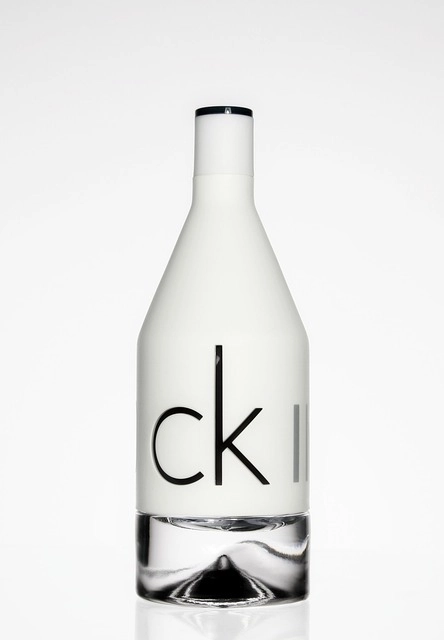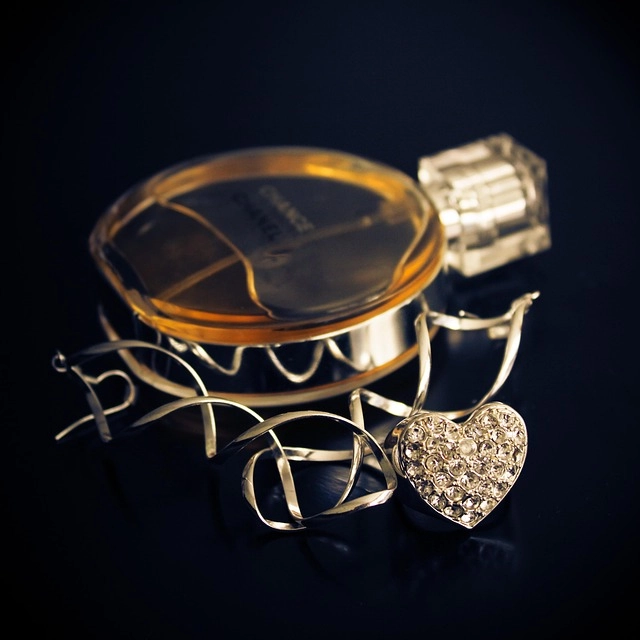Jimmy Choo Perfume offers a diverse range of unisex fragrances, challenging traditional gender stereotypes. With versatile scents from bold to subtle, floral to assertive, it caters to various tastes and occasions. The brand's popularity reflects a growing trend in the perfume industry towards gender-neutral marketing and packaging, appealing to younger consumers who seek self-expression free from societal norms. This shift enables individuals to choose perfumes based on personal preference, prompting brands to adopt more inclusive strategies that celebrate artistry and quality across genders.
“Unveiling the allure of Jimmy Choo Perfume: A scent for all or a gendered delight? This article delves into the intriguing world of fragrances, exploring who the true target audience is. We analyze the marketing strategy behind Jimmy Choo’s scent, questioning if it transcends gender norms as a unisex fragrance or if it caters specifically to men or women. By examining cultural and personal perspectives, we uncover the diverse ways perfumes define and reflect individual identities.”
- Target Audience: Who is Jimmy Choo Perfume For?
- Scent and Marketing: Unisex or Gendered Fragrance?
- Cultural and Personal Perspectives on Perfumes
Target Audience: Who is Jimmy Choo Perfume For?

The Jimmy Choo Perfume collection is designed to appeal to a wide range of individuals who appreciate luxurious fragrances, with options catering specifically to men and women. While some scents might lean more towards a particular gender, the brand’s overall focus is on creating unique aromas that transcend traditional norms. This inclusivity makes Jimmy Choo an excellent choice for those seeking a versatile perfume or cologne (Jimmy Choo Cologne) that can be worn by anyone, regardless of gender identity.
For men and women who desire a scent that leaves a lasting impression, Jimmy Choo offers a diverse range of fragrances. The tailored designs cater to various preferences, from bold and assertive notes to light and floral accords, ensuring there’s something for every occasion. Whether you’re looking for a signature aroma or a subtle everyday fragrance, the collection encourages self-expression through scent, inviting individuals to embrace their personal style.
Scent and Marketing: Unisex or Gendered Fragrance?

The perfume industry has long been associated with gender stereotypes, with specific scents marketed towards men or women. However, the trend towards unisex fragrances is gaining traction, challenging these traditional norms. One notable example is Jimmy Choo Perfume, which has successfully blended the boundaries between male and female scents, appealing to a diverse range of consumers.
This shift towards unisex perfumes can be attributed to several factors. Marketing strategies are evolving, recognizing that scent preferences transcend gender roles. Additionally, the concept of gender-neutral packaging and branding resonates with younger audiences who embrace fluidity in personal expression. Whether it’s Jimmy Choo Cologne or their iconic perfume, these products demonstrate that fragrance can be a form of self-expression beyond binary categories, catering to individuals who wish to reject traditional gender associations.
Cultural and Personal Perspectives on Perfumes

In many parts of the world, perfumes have long been intertwined with cultural and societal norms that often dictate who should wear certain scents. This perspective is changing, but traditionally, fragrances like Jimmy Choo Perfume—known for its sophisticated and alluring notes—have been marketed primarily to women, reflecting a more feminine aesthetic. However, modern trends are shifting this narrative, with increasing acceptance of unisex or gender-neutral perfumes gaining traction.
The concept of a one-size-fits-all approach to scents challenges the historical division between men’s fragrances, like Jimmy Choo Cologne, and women’s. This evolution in personal expression allows individuals to choose based on their preference rather than societal expectations. As such, many modern perfume brands are adopting a more inclusive marketing strategy, appealing to a diverse range of customers who appreciate the artistry and quality that perfumes offer, regardless of gender.



